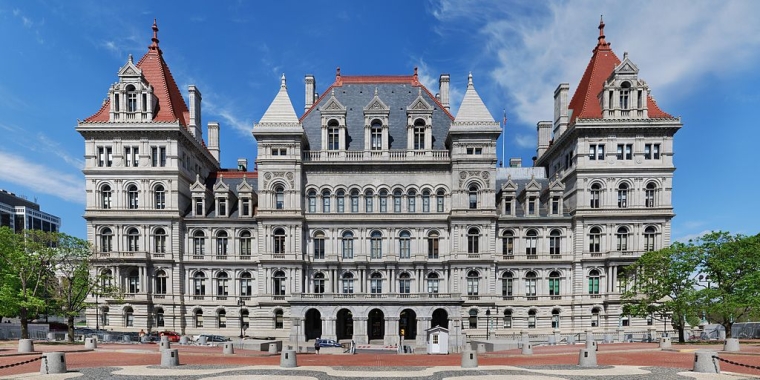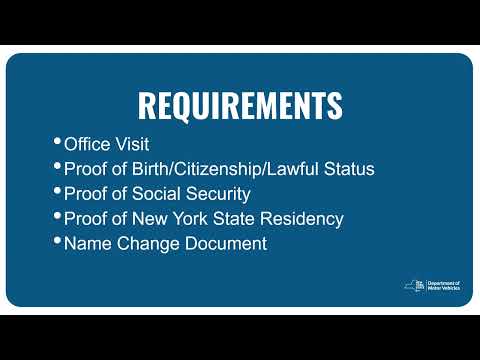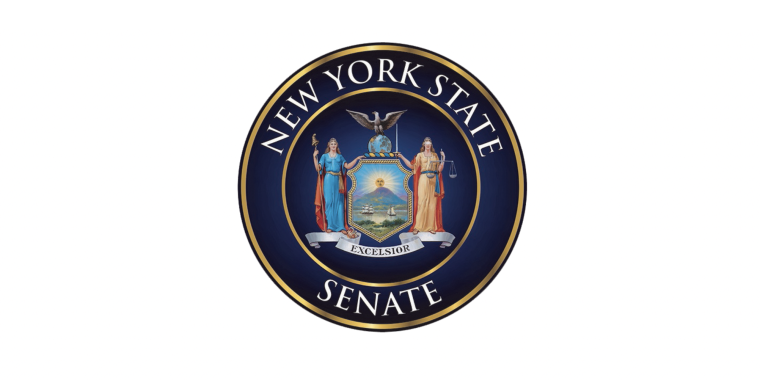
Testimony Before The New York State Toxic Mold Task Force On September 23, 2008
Liz Krueger
July 15, 2010
My name is Liz Krueger and I represent the 26th Senate District, which includes the East Side and Midtown areas of Manhattan. I want to thank you for providing me this opportunity to testify on mold and for your work to prepare recommendations of the New York State Toxic Mold Task Force for its report to the Legislature.
Based on issues brought to my attention by constituents, I am concerned that mold has become a serious problem in homes and commercial buildings in communities all over the state. My office has received numerous complaints over the years about the presence of mold and its negative effects on the public’s health. In one case my office was involved with, the problem was so bad and the mold exposure so widespread that all of the residents of the building had to leave their homes and sue their landlord to get the repairs made.
One of the most common elements among all of these complaints is that people report feeling sick after mold appears. Over the past several years there have been several respected studies that have shown that mold has adverse effects on certain populations, particularly children, asthmatics, the elderly and those with respiratory conditions.
Asthma is a major public health problem in New York City and mold has been shown to be a contributing factor in the development of asthma especially in children. Approximately a million New York City residents have asthma, including 300,000 children, according to statistics from the American Lung Association of New York City. The problem is especially pervasive in many poor communities of color. Here are some sobering facts; 25% of children in Central Harlem have asthma and this has become an epidemic in many poor communities in Brooklyn and the Bronx. Asthma is the leading cause of absenteeism among New York City school children and the most common cause of hospitalizations for children fourteen years and younger.
All levels of city and state government must address the problem of mold and its negative health effects in a comprehensive way. That is why the work of this task force is so important. The recommendations and report this task force will issue will provide the basis for future legislative and regulatory changes by the Legislature, the Governor and state agencies to finally get a handle on this issue.
One of the biggest challenges in appropriate removal of mold is that there are currently no enforceable state protocols or standards for mold assessment and remediation. The New City Department of Health & Mental Health (DOHMH) has an excellent set of guidelines that are among the strongest set of best practices in the country and universally recognized. However, the problem with these guidelines is just that – they are guidelines that owners and mold remediators are not required to follow. Since owners are not obligated to remove mold properly, many do not and this often results in a frustrating situation for residents who are always dealing with the recurring mold because it has not been properly remediated. That is why I am asking that the task force recommend that New York City’s DOHMH guidelines be the mandated minimum standard in mold remediation work. I would also strongly advocate that these guidelines be incorporated into the New York City Housing Maintenance Code (HMC). Another useful recommendation would be for the NYC HMC to be changed to define mold assessment and require that owners remediate mold properly. The Task Force’s recommendations could be influential in getting local government to implement these actions.
An additional major challenge in mold remediation is the lack of standards or licensing requirements for mold remediators or inspectors. Currently, anyone or any company can call themselves mold remediators though they have no qualifications or any type of training in mold remediation, environmental health or dealing with environmental hazards. This has resulted in numerous cases of residents paying exorbitant amounts of money to individuals and companies who advertise their services as mold remediation who have little to no experience in this work and do not deal with the mold properly. The Task Force should recommend licensing as well as the creation of a listing of certified inspectors and contractors available to the public. That is why I have recently introduced legislation, S8760 that will require certification of mold remediators.
Mold is a nationwide problem – all fifty states have information on their health department websites that refer to mold as a health hazard. Several other states, including Louisiana and Texas have passed similar legislation over the past several years. My colleagues in city government, Public Advocate Betsy Gotbaum and City Council Member Rosie Mendez have also introduced comprehensive legislation at the local level (Intro 750), that includes a section that would mandate certain work practices. The Task Force should carefully review this legislation as well and include the provisions related to mold in its report.
The issue of code enforcement of mold is also critical. The New York State Division of Housing currently does not consider mold exposure a reason for a reduction in rent even though it is a clearly a reduction in service. I would strongly encourage the Task Force to make this one of the recommendations. This would be a meaningful change and provide a strong incentive to owners of rent regulated units across the state to properly abate mold.
Another critical step would be for the Task Force to recommend in its report that mold prevention measures should be incorporated in both state and local building codes. One of the commonly used materials in new construction is gypsum board, also commonly known as sheetrock, which most experts believe is a breeding ground for mold. Building developers and contractors should be strongly encouraged not to use these types of materials in moisture prone environments. There are several alternative materials now widely available on the market that could be used instead.
I want to thank the Task Force for providing me this opportunity to testify and for its diligent work. I also want to recognize your willingness to have two of your meetings here in New York City, one of the epicenters of mold problems in this State and for extending the time of this meeting today so that it is more open and available to the public, especially those who work. I look forward to the issuance of your report to the Legislature and the Governor.



